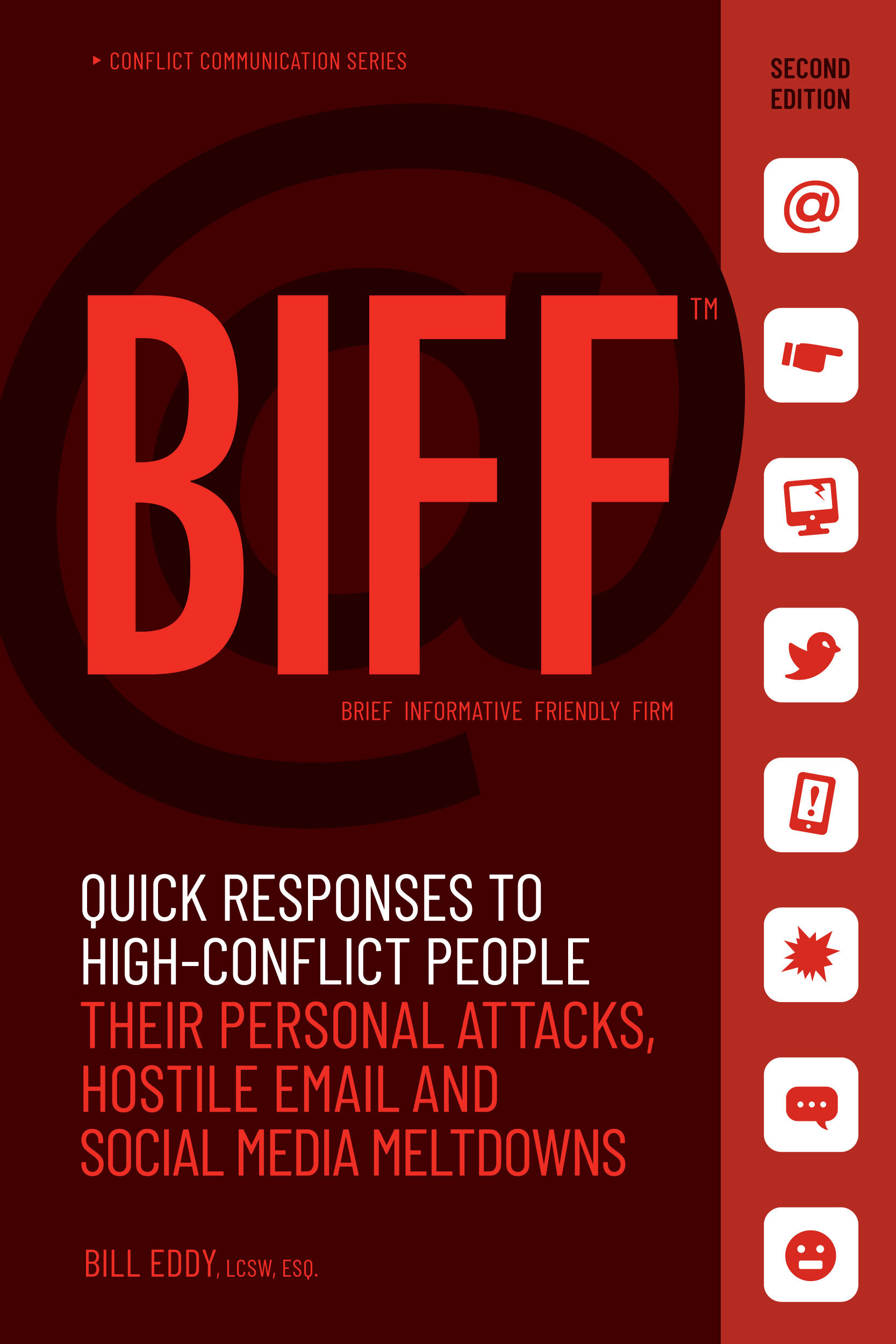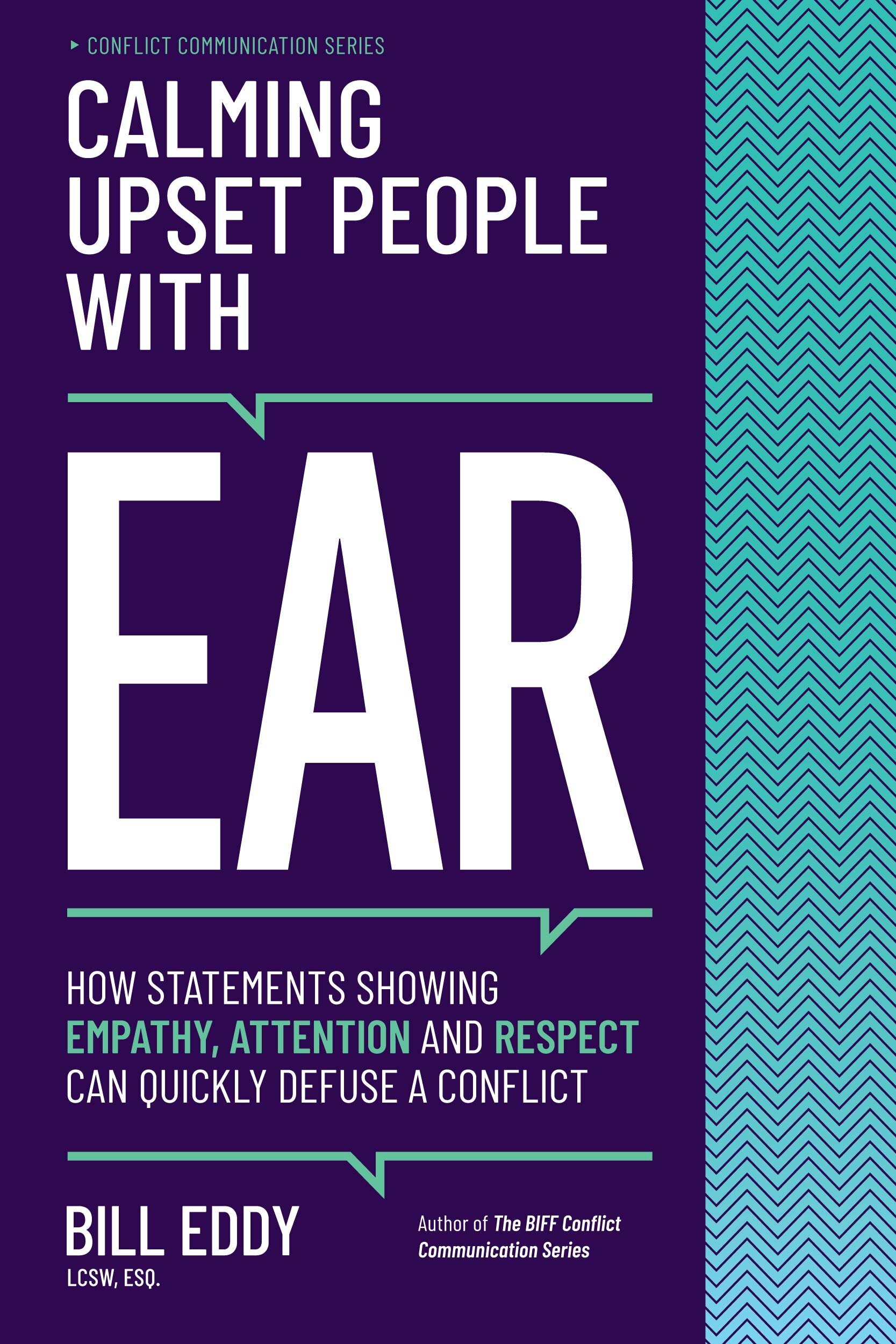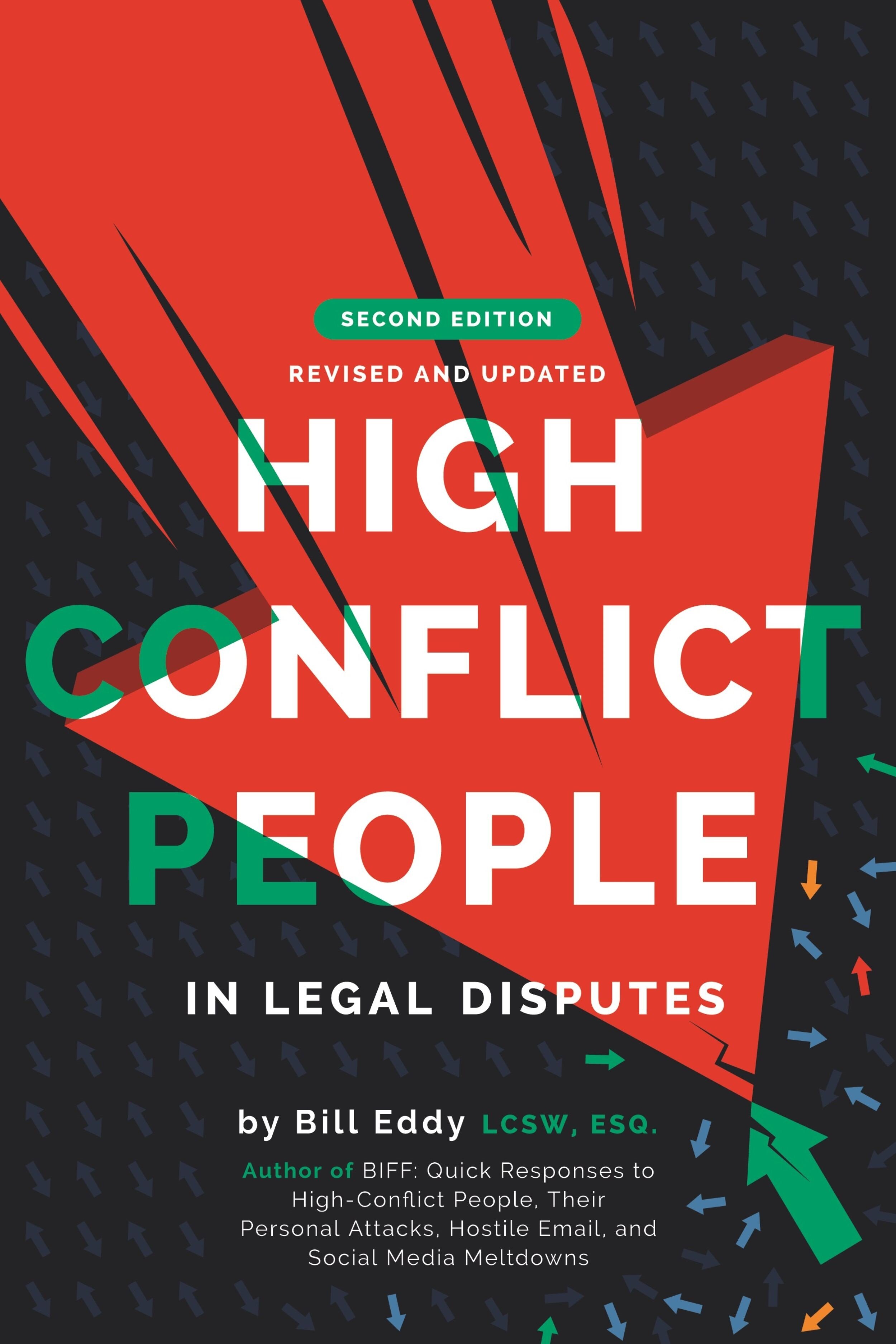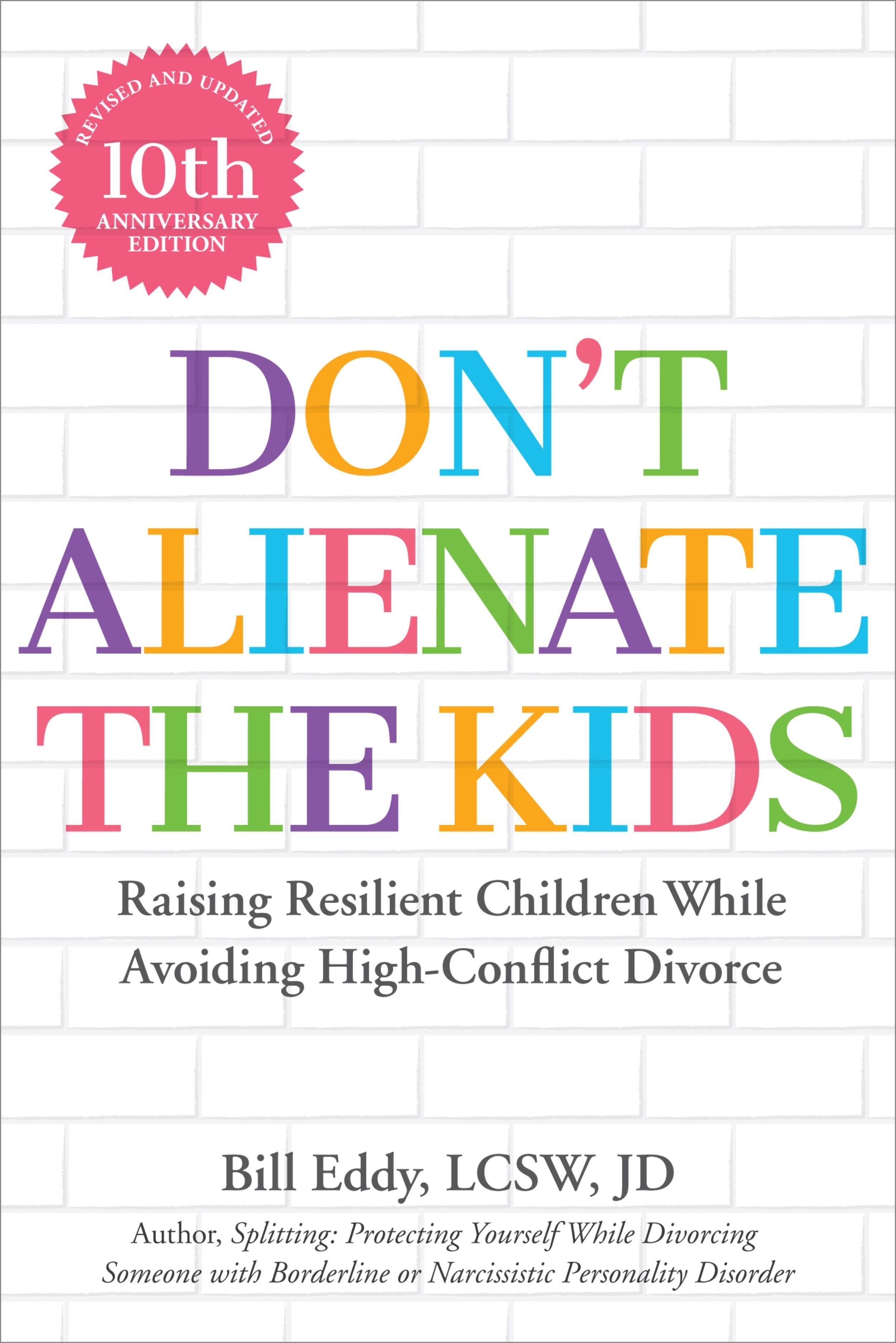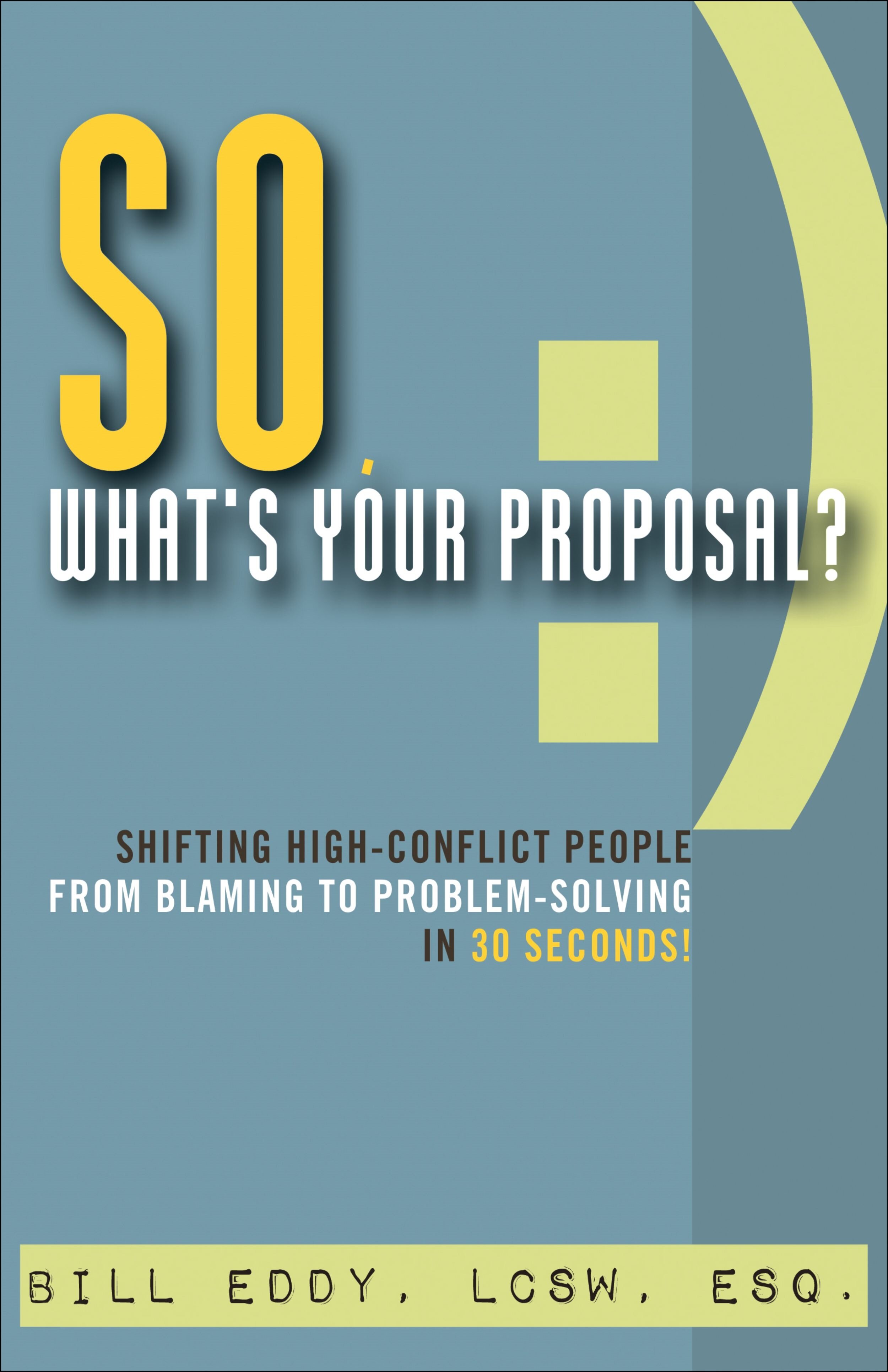4 Forces Dividing America
© 2016 Bill Eddy
With last week’s shooting deaths of two African-Americans by police and five police officers by an African-American man, there is much talk about our divided nation. What (or who) is dividing America? Are we more divided than ever before? Or does it just seem that way? And what is to be done? There is no one cause and no one easy answer. But surprisingly all of the following are part of the problem. And we all must be part of the solution.
1. Media Stereotypes
I believe that we are more racially divided now than eight years ago—and even two years ago—largely because of the escalating media images of conflict, violence and bloodshed. Police shootings of black individuals have been repeated in major news programs over-and-over again unnecessarily for over a year now. Young black men rioting also is repeated in these news programs, often following the shootings. Then the cell-phone video of Philandro Castile dying in the car after being shot went viral on the Internet last week and has been seen over a million times. These stereotypical images are broadcast over and over again because they grab our brain’s attention. But we don’t need to watch these images over and over again in order to understand there’s a problem.
I believe all of us (including myself) are more racist after seeing these awful images. But how many of us have viewed images of African-Americans or police in routine community and business meetings; classrooms and training programs; in our own select news media; and in our homes during the past week, month or year? Solution: Stop repeating these negative images of black Americans and negative images of police—or stop watching them. Start showing more images of the wide range of African-Americans in daily life and police officers interacting positively with communities.
2. Uncompromising Politicians
For the past eight years, the Republican House and Senate leaders have openly stated their opposition to our first African-American President. Their number one goal, as repeatedly stated by these leaders, was to limit him to one term. This appears to have been more important than compromising to pass helpful legislation during their terms. Politics has become personal attacks rather than reasoned policy debates. Hating Obama-care is a prime example, as it really seems to have been a code word for hating a black President. The rigid stance against restrictions on assault weapons seems to be another code phrase for stoking fear of minorities, especially African-Americans. This behavior by national leaders is role-modeling for future leaders of our nation—bad role-modeling. Solution: Electing more collaborative and less racist politicians.
3. Donald Trump
For the past twelve months, we have been hearing the most openly racist comments of any presidential candidate in years—almost every day. Mr. Trump justifies his comments as simply “honesty” and opposition to “political correctness.” He has become the great divider, with his attacks on our black President (driving the “birther” movement challenge to his birth certificate), with his attacks on Mexicans (build a wall) and his attacks on Muslims (keep them all out). These words matter to minorities, who are more frightened than ever of being scapegoated by whites, by police, by politicians and their neighbors. Such words are also destabilizing to the general public, especially to mentally-ill people who are easily suggestible and have easy access to guns. Solution: Reject his candidacy at the Republican Convention. No other candidate, Republican or Democrat, has done the damage he is doing to our country every day he types a tweet or opens his mouth and it goes viral.
4. Lack of Training
We live in culture of blame and disrespect. It’s easy to look at what everyone else is doing wrong. We need to create a culture of learning skills—skills for getting along with people who look different and have different ways. In the field of conflict resolution there are many skills for getting along with others. I remember group discussions at conflict resolution training conferences with people of different races and having my eyes opened to what different people go through. These types of small group discussions need to take place throughout America. We need to learn skills for staying calm, treating each other with empathy and respect, and really paying attention—listening—to each other. Likewise, police commanders say that their officers need more training in cultural sensitivity and in techniques for staying calm in crisis situations. I have seen officers extremely skilled at calming tense situations. That training needs to be expanded.
Bill Eddy, LCSW, Esq. is the author of more than ten books, including: Trump Bubbles: The Dramatic Rise and Fall of High-Conflict Politicians, and Splitting America (2012) with Don Saposnek. He is the President of the High Conflict Institute, which provides training in managing high-conflict personalities and situations.


